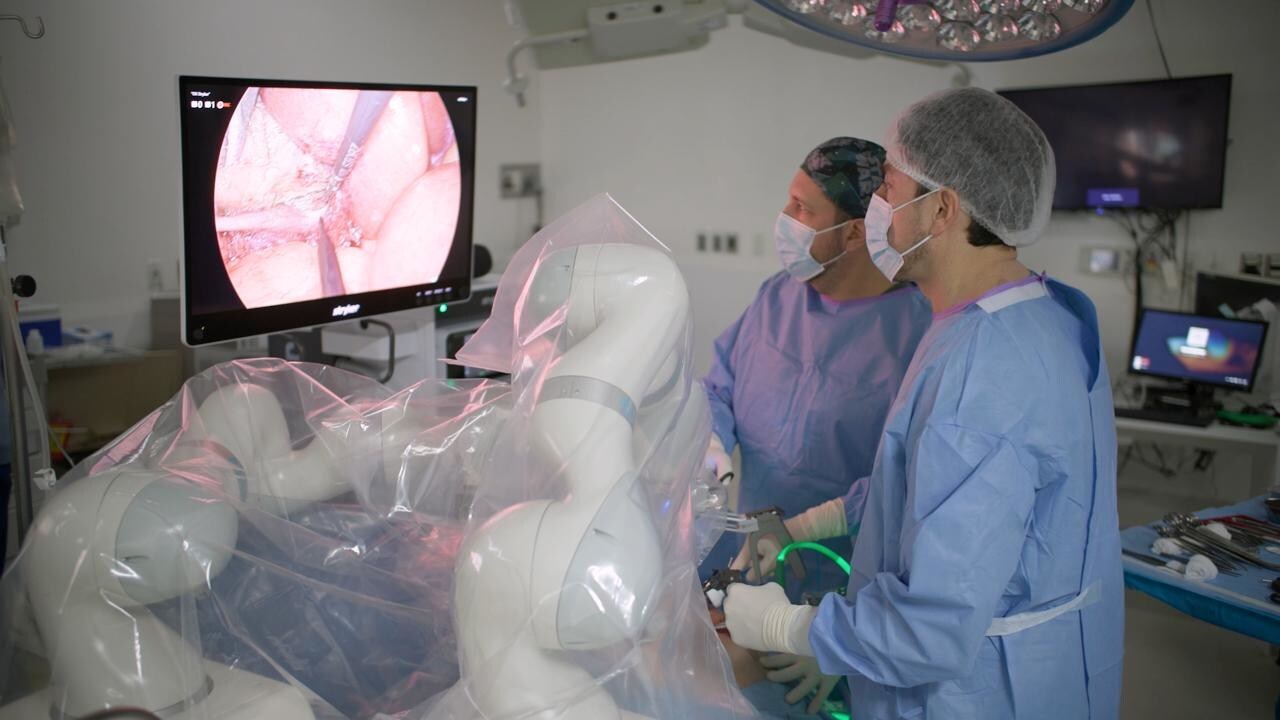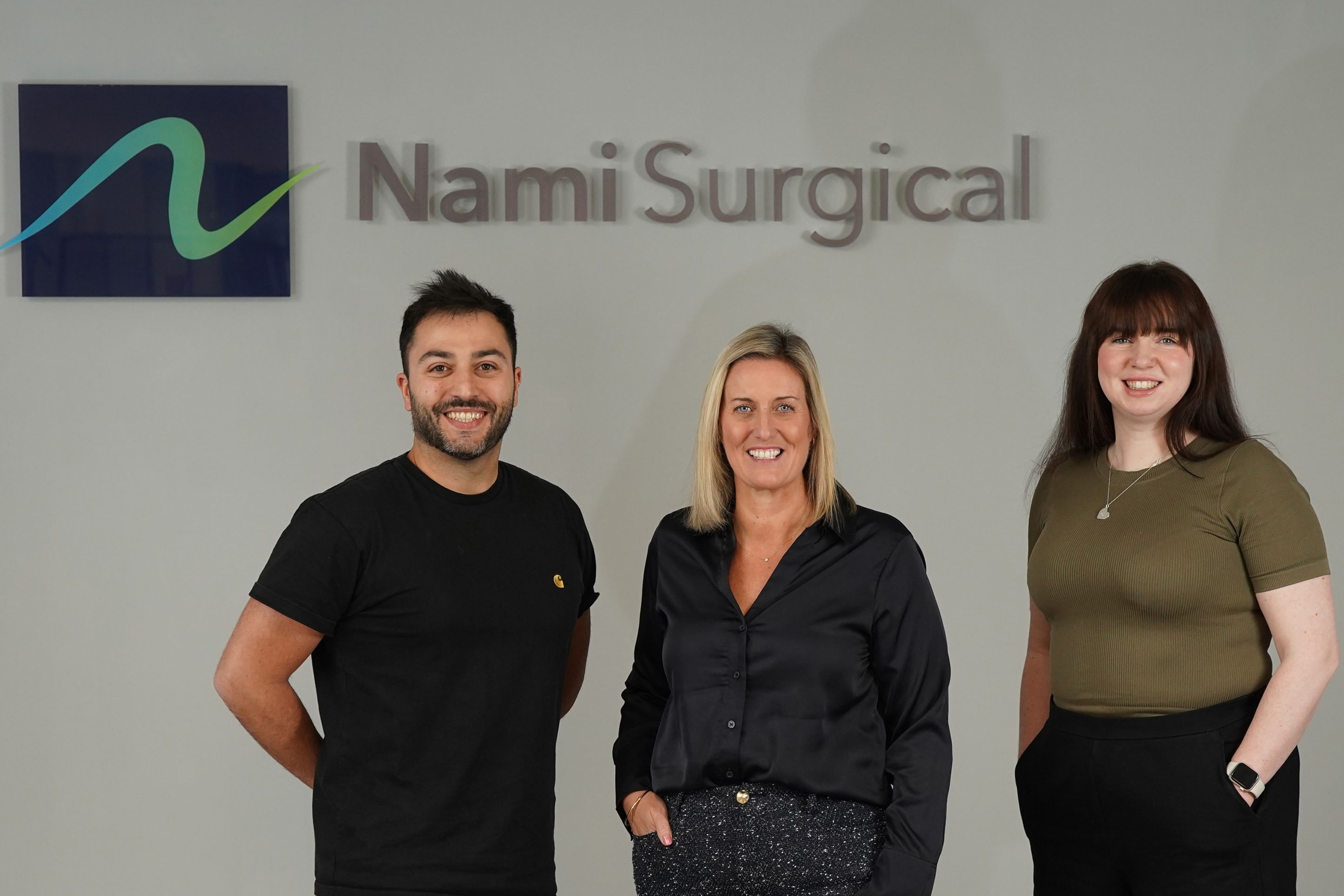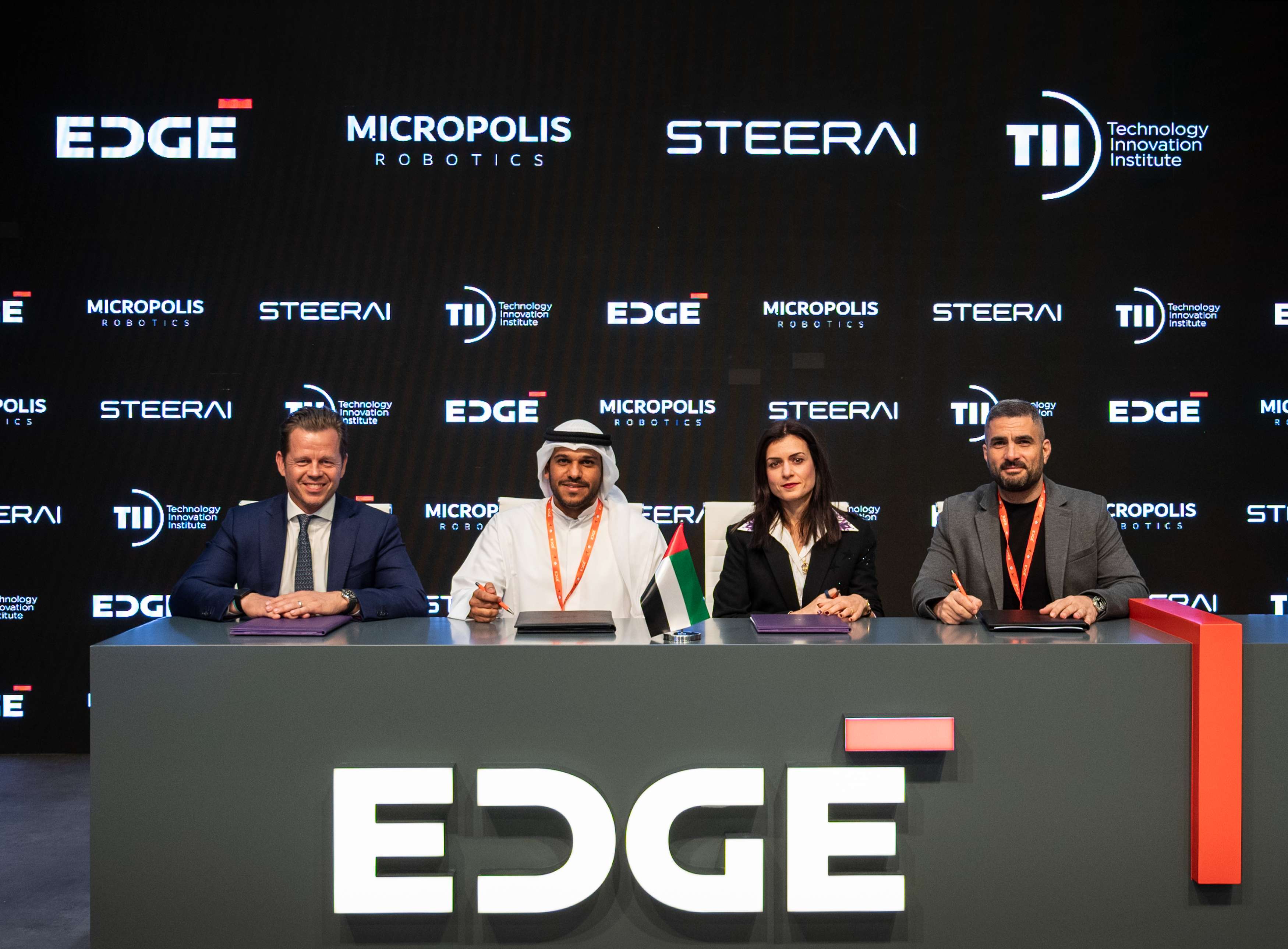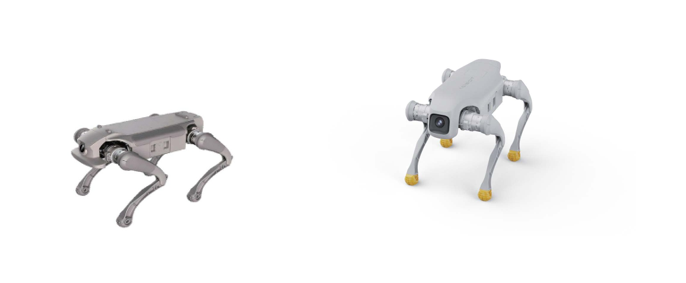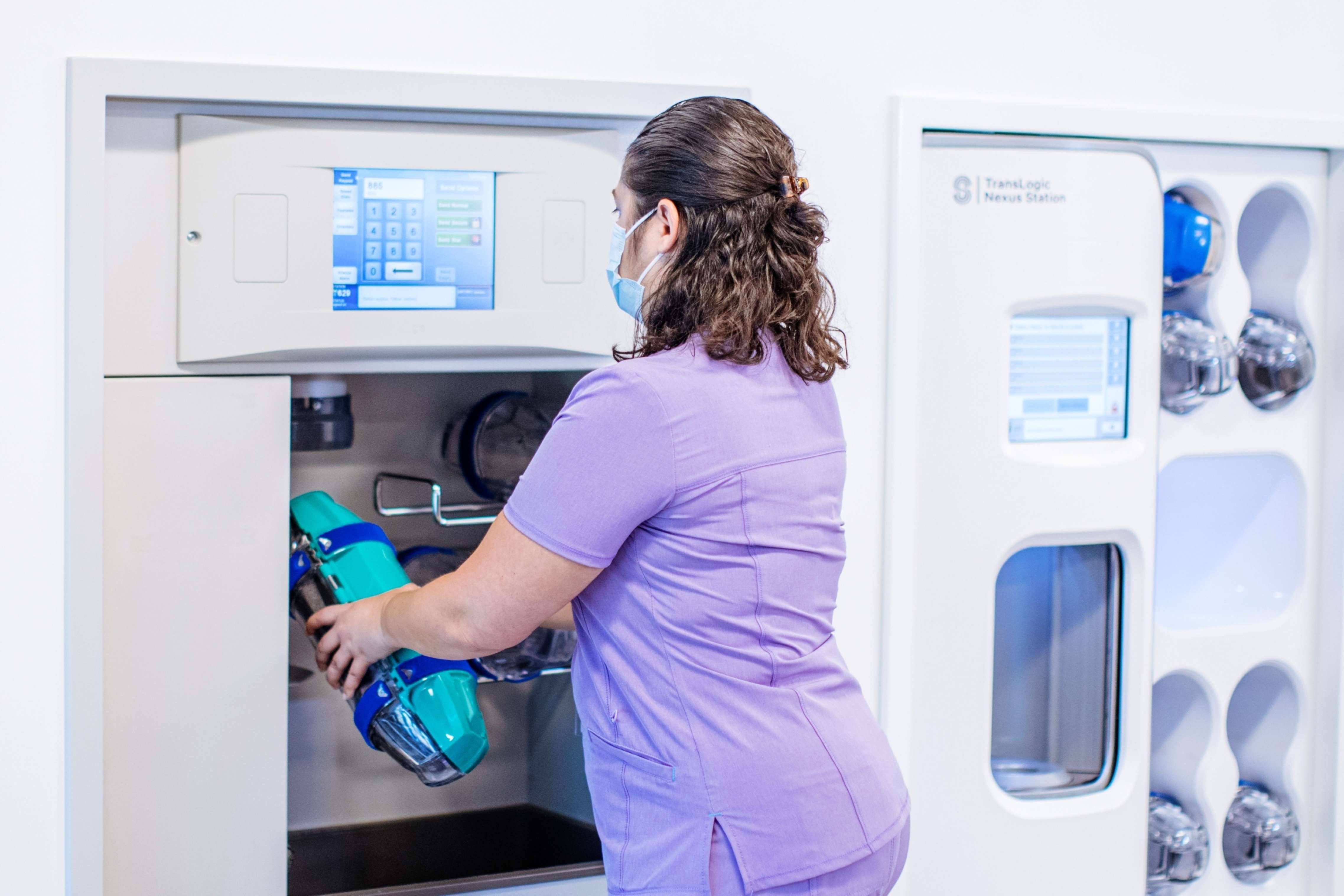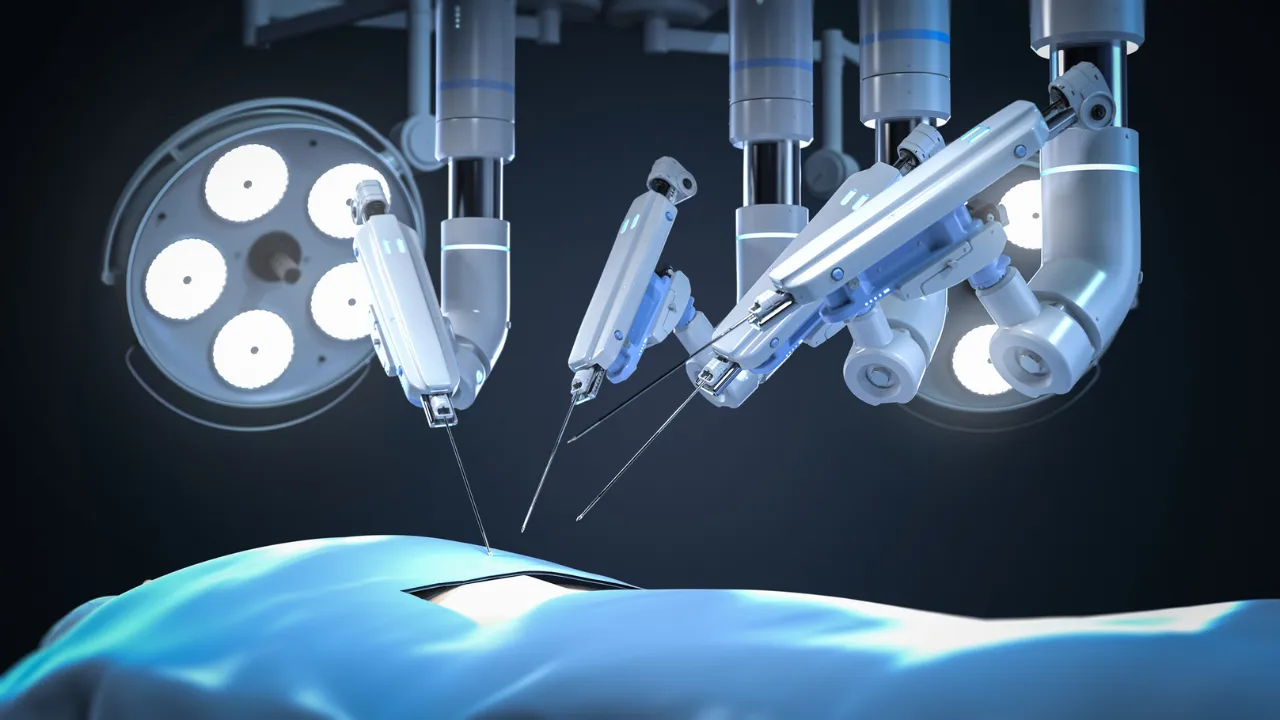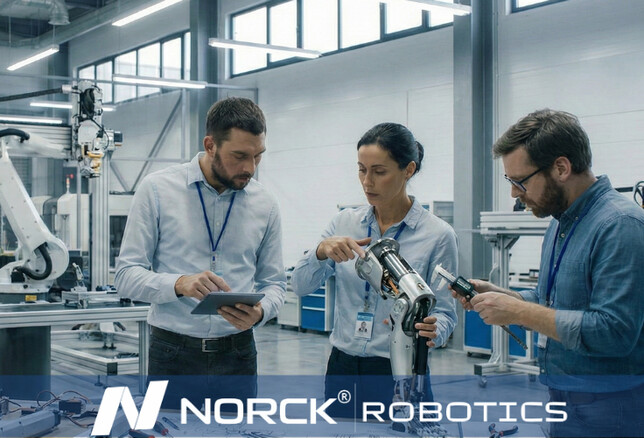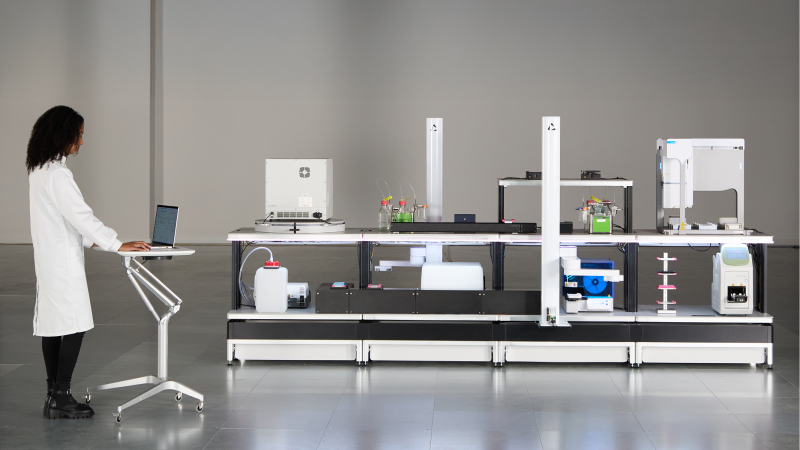Levita Magnetics Achieves World’s First AI-Guided Autonomous Camera Surgery with MARS® Platform
Performed in Santiago, Chile, the breakthrough gall bladder surgery marks the first integration of artificial intelligence into magnetic-assisted surgery—advancing surgical autonomy and transforming patient care.
Image Courtesy: Public Domain
Levita Magnetics, a leader in surgical innovation, announced that its MARS® platform was used in Santiago, Chile, to perform the world's first gall bladder surgery featuring an AI-guided autonomous surgical camera*. The landmark case at Clínica Las Condes, a premium private center in Latin America, spotlights the Silicon Valley company's role in global surgical innovation.
"This milestone shows how far magnetic-assisted surgery has come and where it's headed," said Alberto Rodriguez Navarro, MD, Founder and CEO of Levita Magnetics. "By integrating artificial intelligence into the MARS platform, we are delivering the first true step toward surgical autonomy, changing how complex procedures are performed and how patients experience surgery."
The MARS platform integrates precision, magnetic technology, and artificial intelligence to autonomously guide the surgical camera throughout this complex procedure. By reducing manual camera control, the AI-guided MARS system enhances stability and provides surgeons with a clearer, uninterrupted field of vision, which is critical in high-volume operations such as cholecystectomy surgery. In this case, the MARS was used incorporating a latest-generation Stryker 1788 4K camera, providing enhanced visualization of the surgical field.
A Leap Toward Surgical Autonomy
"The incorporation of AI into robotic systems is the next frontier in the ever-evolving world of surgical technology and education. This initial experience provides optimism for the near future," said world-renowned Dr. Vip Patel, founder and Medical Director of the AdventHealth's Global Robotics Institute and founder of the Society of Robotic Surgery.
Minimally invasive surgery has always depended on precise visualization. Traditionally, this required a camera assistant to manually adjust angles at the surgeon's request. The MARS system advanced this by giving surgeons direct control of the camera. With the introduction of AI, MARS now takes another step forward — the AI autonomously maintains perfect visualization of the surgical field, ensuring uninterrupted focus, steadier imaging, and a more efficient workflow in the operating room.
"With the MARS system, I already have direct control of the camera without relying on a first assistant," said Dr. Ricardo Funke, Chief of Surgery at Clínica Las Condes in Santiago. "Now, with AI, the system can automatically keep my instruments in view. That autonomy gives me a stable, precise field of vision and allows me to focus entirely on the surgery itself. Looking ahead, this kind of autonomy has the potential to save time in the operating room, reduce staffing needs, and ultimately lower costs for hospitals while improving patient outcomes.
Momentum Behind the Milestone
The latest case in Chile builds on a rapid sequence of breakthroughs that position Levita as a front-runner in surgical innovation:
- Expanded U.S. Regulatory Path: In June 2025, the FDA broadened indications for MARS to include bariatric and hiatal hernia repair, extending its reach into some of the most common abdominal surgeries.
- 1,000 Surgeries and Counting: In July, the company celebrated a major adoption milestone, with surgeons worldwide completing more than 1,000 cases using the MARS system.
- Augmented Reality Innovation* The world's first abdominal surgeries using Meta Quest headsets and 3D visualization demonstrated a real-world application of augmented reality in the OR.
- Beyond Vision: Dual System: Revolutionary surgery combined dual system technologies — MARS with another leading robotic platform — in a groundbreaking prostate procedure.
Designed for the Realities of High-Volume Surgery
The MARS system is built for procedures where efficiency, access, and outcomes are critical, including bariatric and gallbladder surgeries performed millions of times each year. By combining magnetic technology with robotics, the system enables smaller incisions, fewer instruments, and reduced staffing requirements, ultimately raising standards of care.
Robotics will be the Physical Expression of AI
By embedding AI into surgical workflows, Levita is moving toward a future where digital assistance evolves into broader robotic integration, supporting surgeons with not only steadier visualization but also intelligent, autonomous functions.
"What we are seeing is the beginning of true surgical autonomy, as robotics will be the physical expression of AI," said Rodriguez Navarro. "Embedding AI into the surgical workflow not only enhances precision in the moment but also paves the way for smarter, more efficient operating rooms that reduce costs, improve access, and elevate standards of care worldwide."


